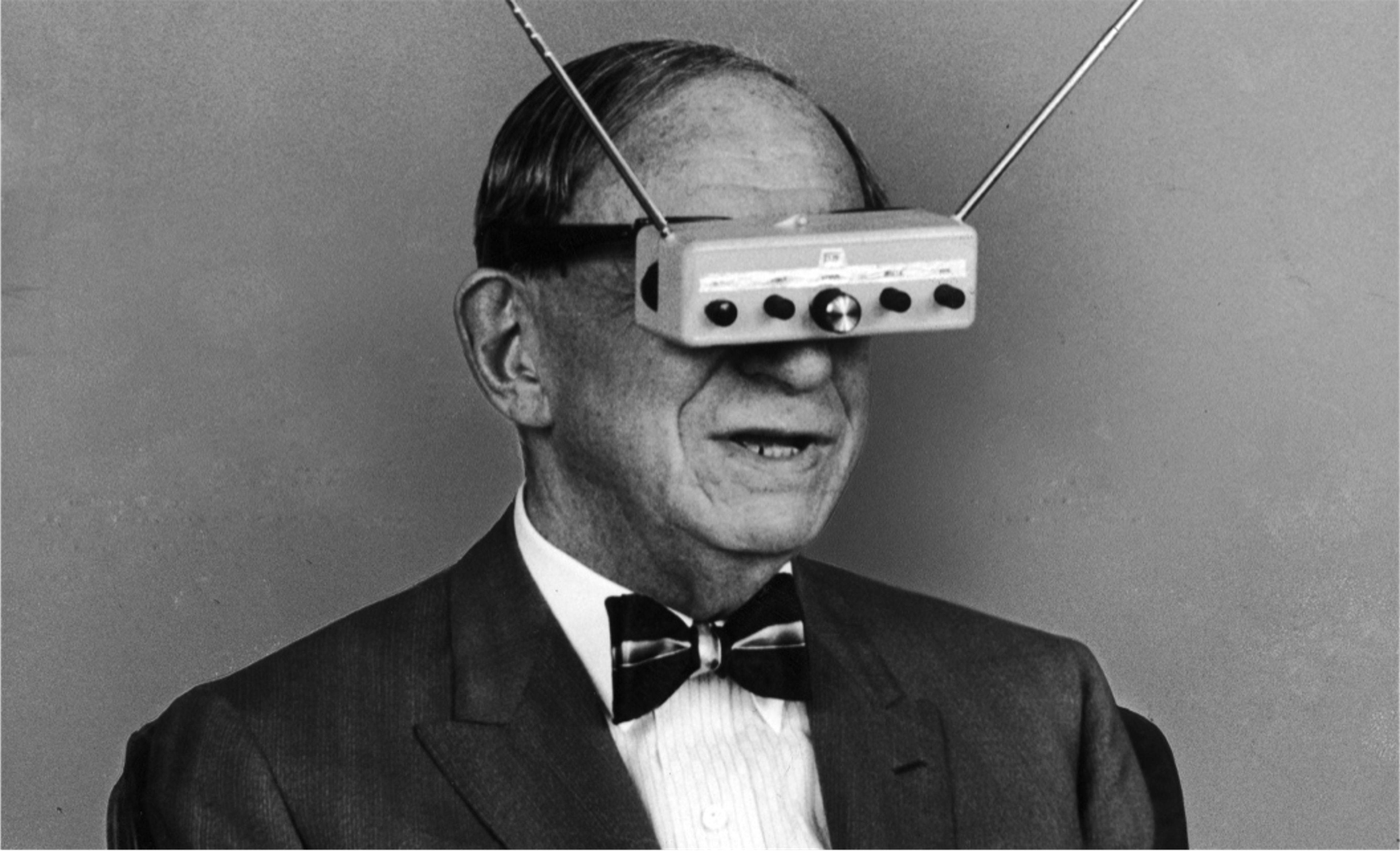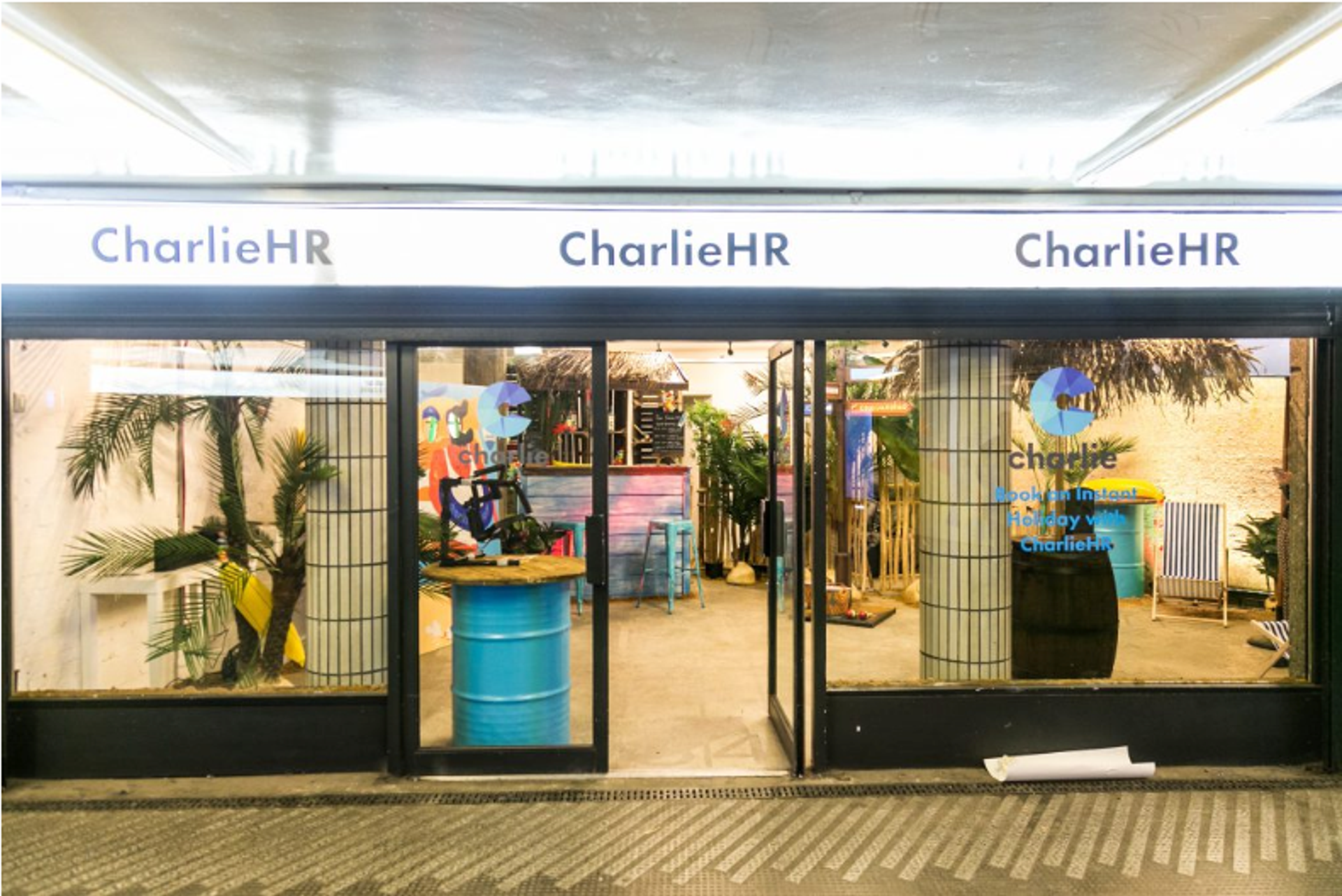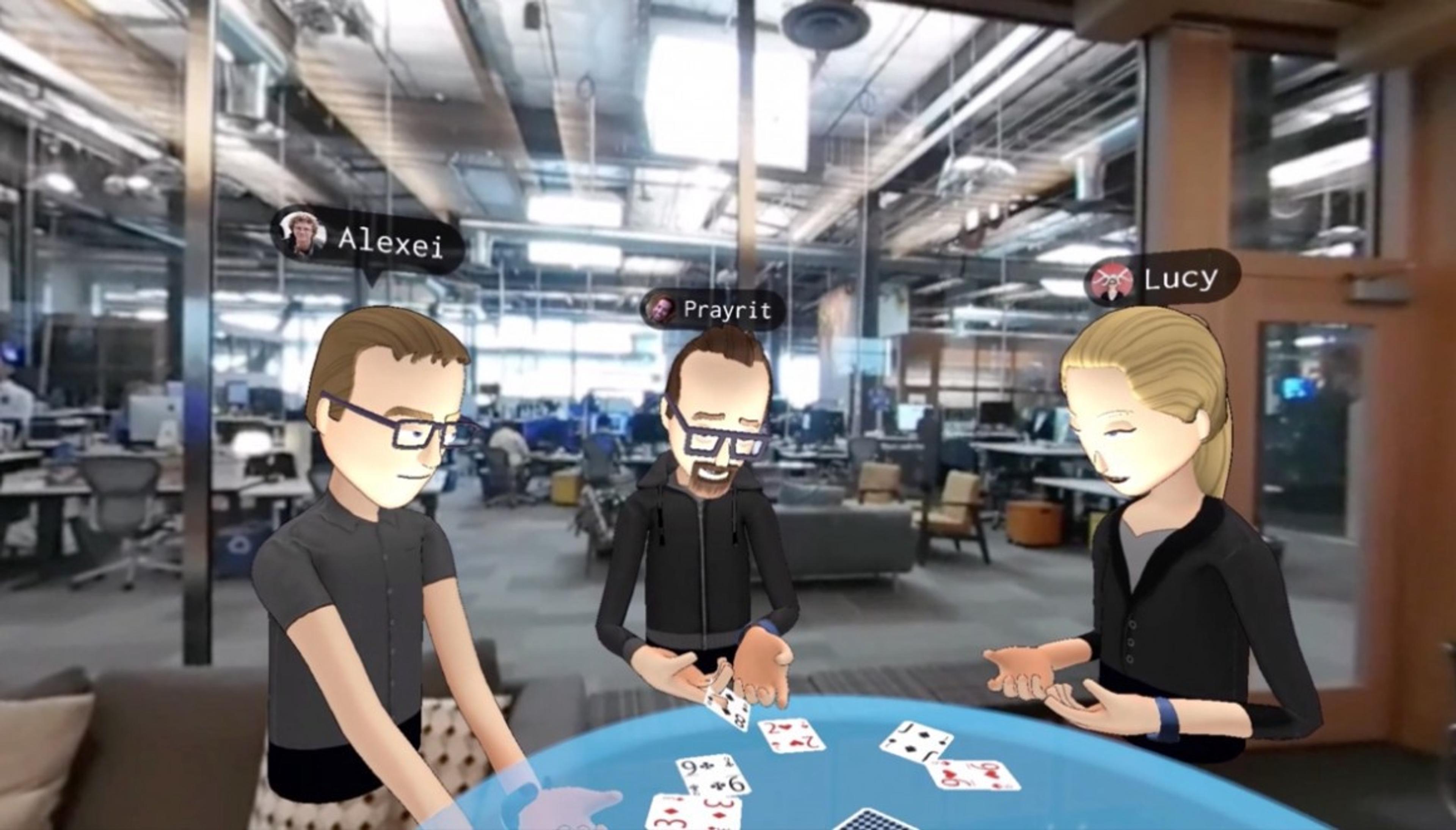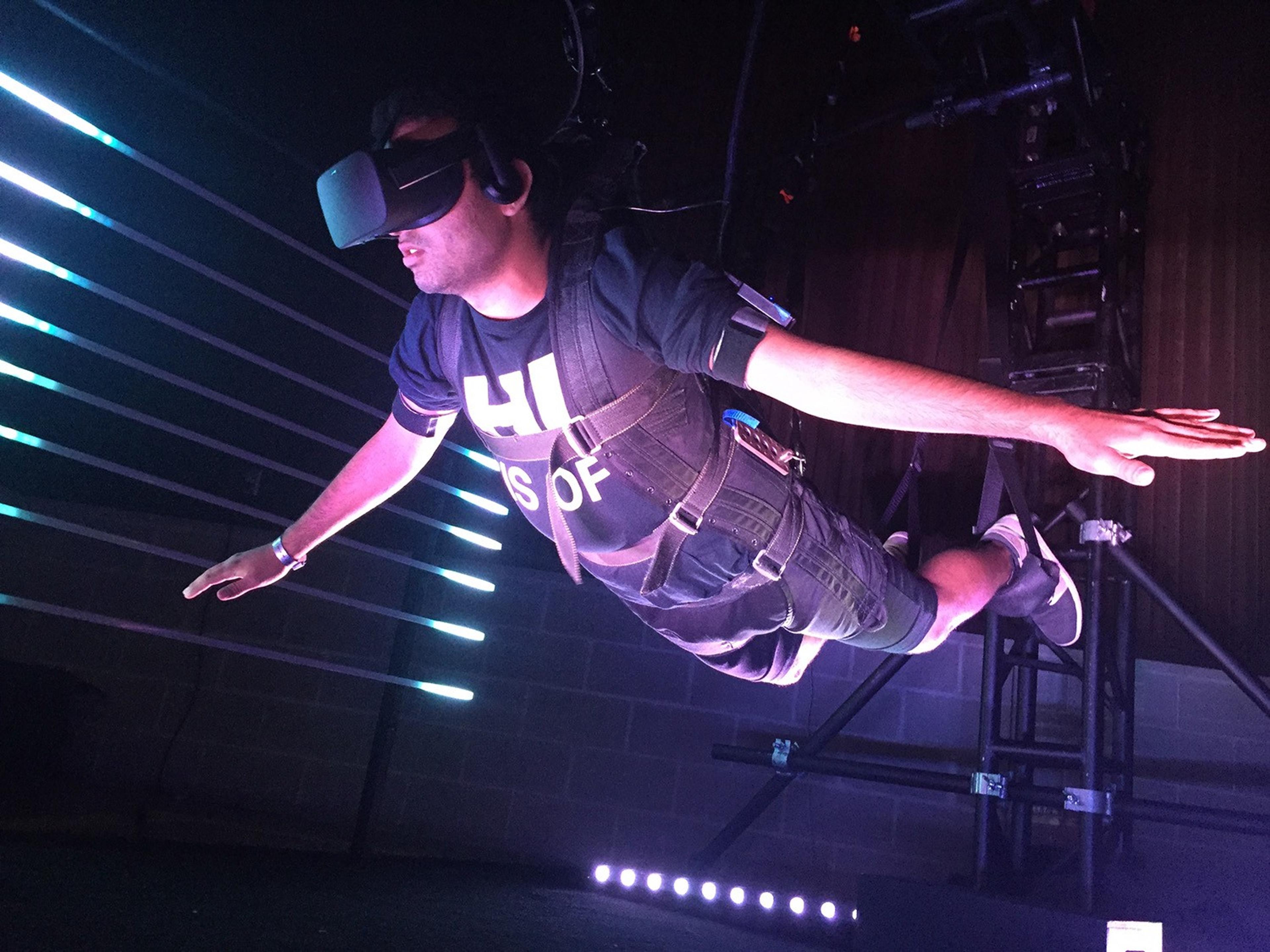I was late to the VR party

NEVERBLAND®
25.04.2017

As VR technology goes mainstream, brands are beginning to harness its potential to connect deeper with consumers and forge more personal relationships.
As advocacy grows, prices get crunched and the technology becomes cheaper and more ubiquitous. Headsets like Google’s cardboard can be purchased for as little as £3.95 and most new smartphones are capable of running software to support a sufficiently immersive VR experience. Any trend analyst will tell you that these are the conditions that precipitate mass adoption.
Tripping out
VR is set to have huge implications in business. In the wellness space brands are already offering digital detoxes and escapism by way of virtual retreats, a development that could conceivably unlock experiences beyond most people’s physical and financial reach.
This month I visited CharlieHR’s popup in Old Street station for a 15 minute VR ‘Instant Holiday’. On a deserted island beach, listening to the sea lap the shore as palms swayed overhead I almost forgot I was sitting in a massage chair in the bowels of an East London tube station. There was another guy next to me on the same trip. The island sun must have got to him, because by the time we’d finished he’d broken a considerable sweat.
Balinese beach holidays experienced from our sofas might be a few years off, but virtual mindfulness, meditation and yoga classes are already becoming popular as time-saving alternatives to visiting physical studios. For most of us VR won’t replace physical travel, but as a tool to counteract the stresses of daily life it has the potential to be exceptionally effective.

VR all friends here
Bedding Taylor Swift
Every night inside the Oculus Rift
After mister and the missus finish dinner and the dishes
And now the future’s definition is so much higher than it was last year
It’s like the images have all become real
And someone’s living my life for me out in the mirror
The opening lyrics to Father John Misty’s 2017 record Pure Comedy offer a pointed speculation on what’s to come, as Virtual Reality rapidly moves beyond novelty experiences and shows potential for allowing us to interact with one another in totally new ways.
Oculus Rift is the VR company famously funded on Kickstarter and acquired by Facebook for $2billion in 2014. Its Oculus Rooms is the first virtual reality living room in which you can hang out with friends, watch videos and play games.
“Rooms gives us a physical place where we can all go, and you can have interactions like you’re inviting your friends to your apartment” says Oculus product manager Madhu Muthukumar.
Just like in the real world, if you hang with friends in VR you might want to catch a movie, joke around, relax or play games together. It’s not difficult to see the practical appeal when coordinating hang time with pals in real life (IRL) often involves catching a cross-town Night Tube.
It remains to be seen how the interplay between existing social platforms and VR will play out. It is likely we’ll have the opportunity to choose how we connect with people, be it through message, video chat or VR. Interplay between all of them will become more commonplace as the tech improves.
“This is really a new communication platform,” explains Facebook CEO Mark Zuckerberg. “By feeling truly present, you can share unbounded spaces and experiences with the people in your life.”
Despite the speed of advancement Zuckerberg estimates “It’s going to take at least 10 years to become a mainstream thing”. Certainly until consumers can trade unwieldy goggles for glasses that can be worn day to day.

Oculus Rooms: Not for sex with celebrities. Yet
Flash forward
There is a powerful allure to the notion of disappearing into another world. As brands line up to one-up each other with new immersive experiences, the boundaries of the tech are stretched and the scope of possibility expands from entertainment to medicine, business, pornography, architecture and back.
One of the most notable exhibitors from last year’s VRLA expo was Mindride, whose jetpack flight simulator ‘Airflow’combines a weightless harness with a variety of different wind speeds to create a deep sense of immersion and presence. Headset on, suspended two feet above the ground, users hurtle through mountain ranges while listening to a location responsive multi-channel ambient music soundtrack. My 10 year old self would have snubbed The Vampire Ride at Chessington for this.

Psychologists and other medical professionals are experimenting with using VR to heighten traditional therapy methods and find effective solutions for treatments of PTSD, anxiety and social disorders. Doctors are experimenting with VR to train medical students in surgery, treat patients’ pains and even help paraplegics and palsy sufferers regain body function. Travelling parents can join their child in interactive bedtime stories even when they aren’t physically present. As a tool for learning, entertainment and empowerment, the scope for VR applications is endlessly fascinating.
As technology facilitates an ever growing number of connections there is a paradox of those connections decreasing in intimacy. In an increasingly social world, VR is poised to transform the way we create and cultivate relationships online, strengthening our empathy and revolutionising the way we interact with experiences, institutions, brands and each other.
Given the velocity of innovation, it’ll be interesting to see what else is possible when physical proximity is no longer an issue. As a digital product studio we have to try and keep up with this relentless velocity.
Related articles

Reaching your Peak Potential
4 min read


